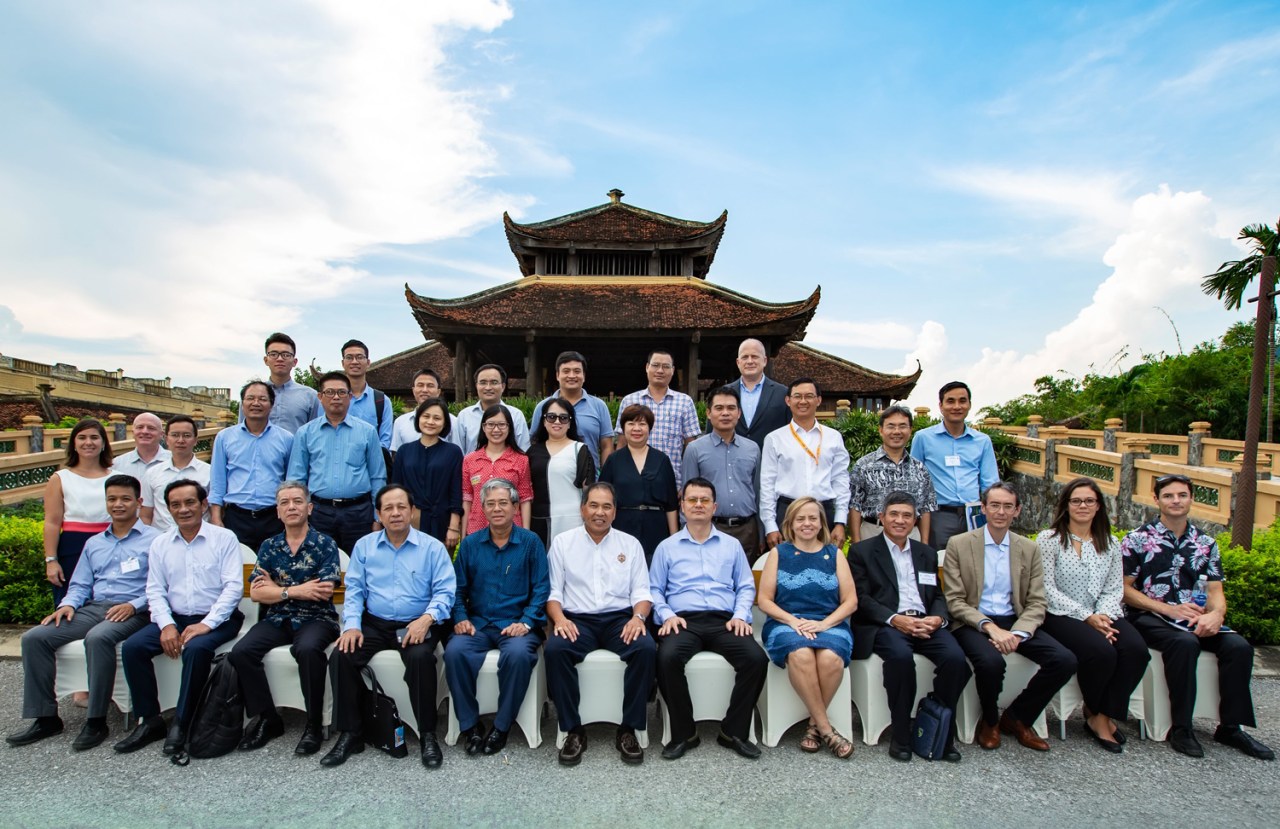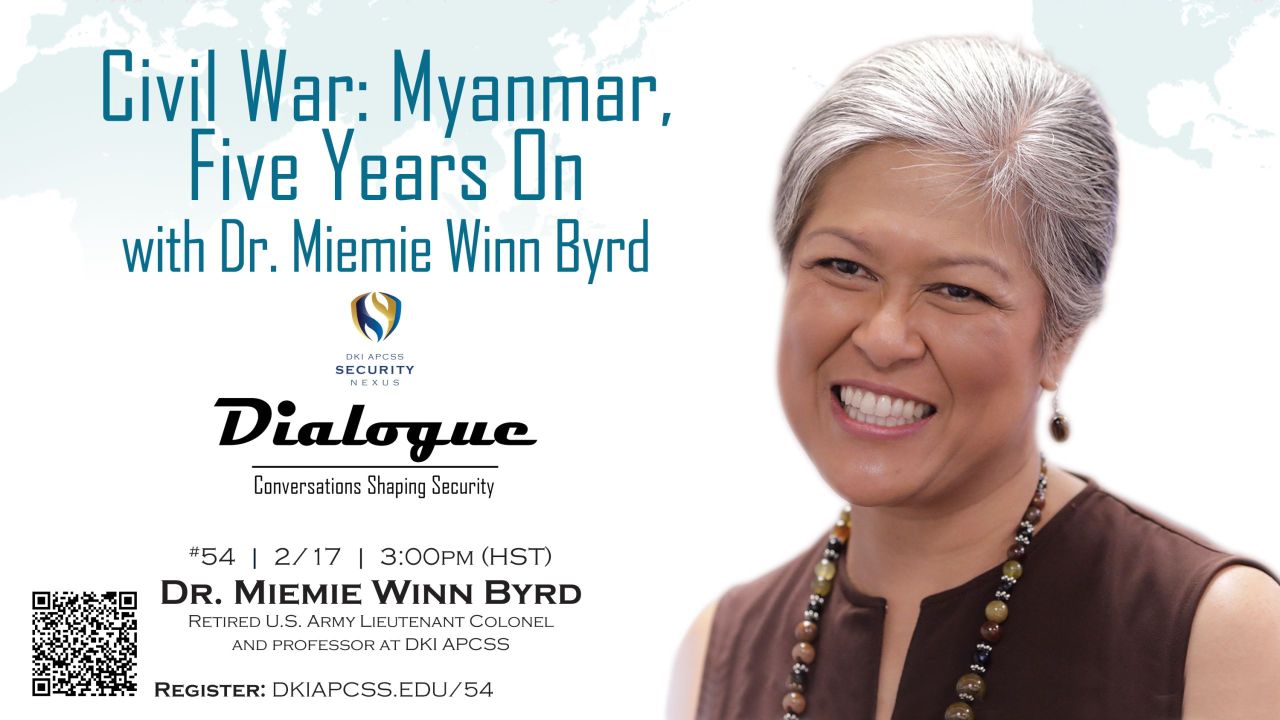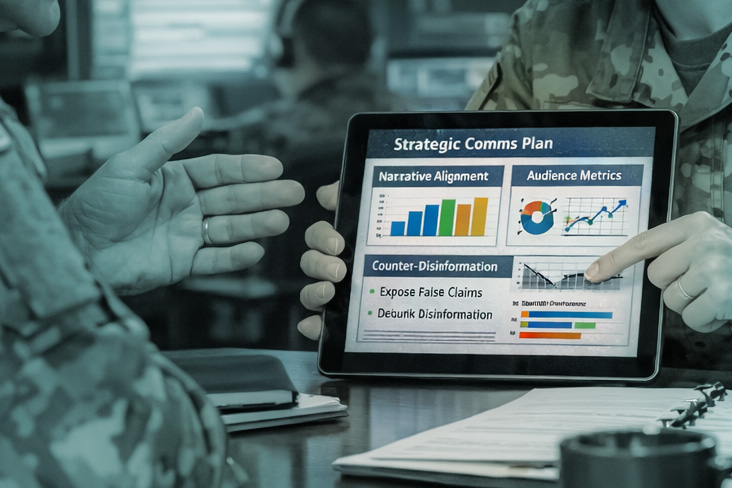By Dr. Lori Forman and LCDR Leah Cole
The Indo-Pacific is in the midst of an epochal change. The global economic shift to Asia, the surge of maritime competition and security issues, and China’s continued forward momentum in their Belt and Road initiative demands a sense of urgency in identifying like-minded partners and priority areas of security cooperation.
To build shared understanding and trust in this changing environment, the Daniel K. Inouye Asia-Pacific Center for Security Studies (DKI APCSS) and the Diplomatic Academy of Vietnam (DAV) co-hosted a workshop entitled, “Vietnam in a Changing Region: Looking Ahead to 2025” Sept. 5-7, in Ninh Binh, Vietnam. The workshop identified priority areas where the U.S. and like-minded partners could assist Vietnam realize shared visions and goals.
Nearly 30 senior and mid-level officials from both Vietnam and U.S. interagency participated in the workshop, which included subject-matter experts across a range of disciplines. This was the second bilateral workshop conducted with Vietnam in the past three years. It built upon the results of a 2015 workshop, “Vietnam and Regional Cooperation in the Asia-Pacific,” in which participants articulated a future vision for Vietnam’s role in the region.
“This workshop combined the strengths of our bilateral relationship with Vietnam, our efforts on Building Partner Capacity, and strategic timing to facilitate an important bilateral discussion as Vietnam prepares to be the ASEAN chair in 2020,” said Dr. Lori Forman, DKI APCSS academic lead for the workshop.
U.S. Ambassador to Vietnam Daniel Kritenbrink set the tone for transparent discussion with his opening remarks, and shared elements of the U.S. country strategy for Vietnam at DAV headquarters in Hanoi.
The group then travelled to Ninh Binh for two days of in-depth discussion. DKI APCSS professor, Dr. Alex Vuving, and Dr. Le Dinh Tinh, Deputy Director General and Senior Fellow at the Bien Dong Institute for Maritime Studies at DAV, set the scene by providing U. S. and Vietnamese perspectives on the changing regional dynamics.
During plenary and breakout group sessions, participants discussed the commitment to a free and open Indo-Pacific and rising concerns in the non-traditional security fields such as cyber, energy, food and economic security. Participants worked across their respective professional disciplines to determine which national priorities should be updated, given current and forecasted changes in the region. In revising these priorities, participants also identified opportunities for expanding cooperation with the United States and like-minded partners. Creating a new-generation trade agreement, expanding maritime cooperation and enhancing connectivity were among the recommendation areas for cooperation.
A corollary outcome of the workshop was exposure to the DKI APCSS model. According to Dr. Le Dinh Tinh, the DKI APCSS approach of polling, plenaries and facilitated breakout group discussion, is “a learning model we will take back to DAV for the long term, as it achieved great collaboration, learning, and measureable outcomes.”
“Vietnam is a key partner of the United States,” said DKI APCSS Director, Pete Gumataotao. “The candor shared during the discussions, just 23 years after restoring diplomatic relations, is a testament to the depth and importance of this relationship. We look forward to working with Vietnam to jointly advance the principles of a free and open Indo-Pacific region.”










Leave A Comment